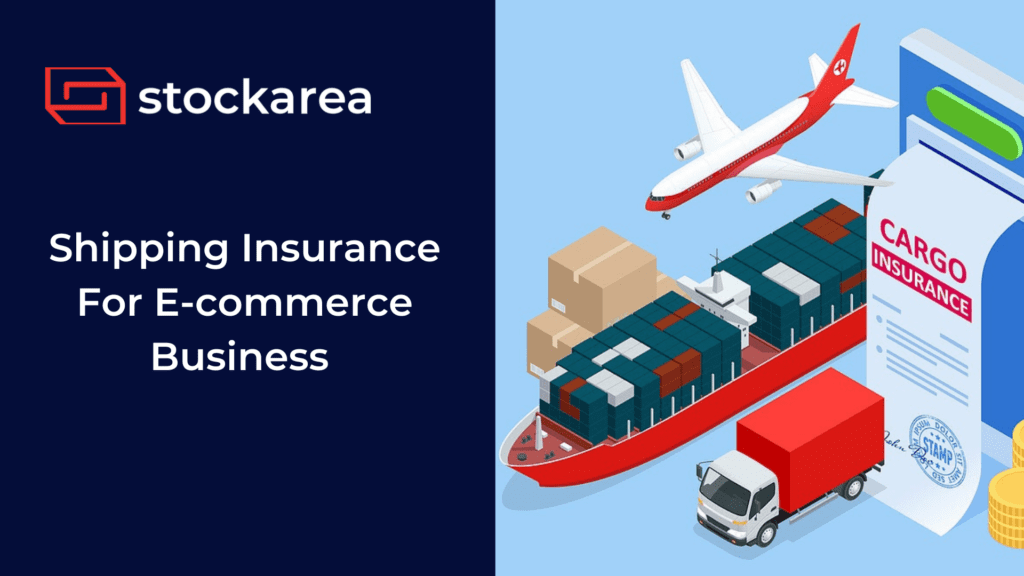Ultimate Guide On Shipping Insurance In Ecommerce


Stockarea offers end-to-end supply chain services such as Warehousing, Freight Forwarding, Customs Clearance, and Transportation, acting as your logistics backbone. Let us take care of your complex supply chain so that you can focus on your core business.